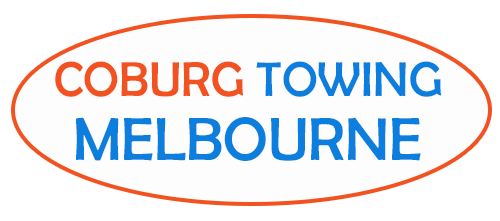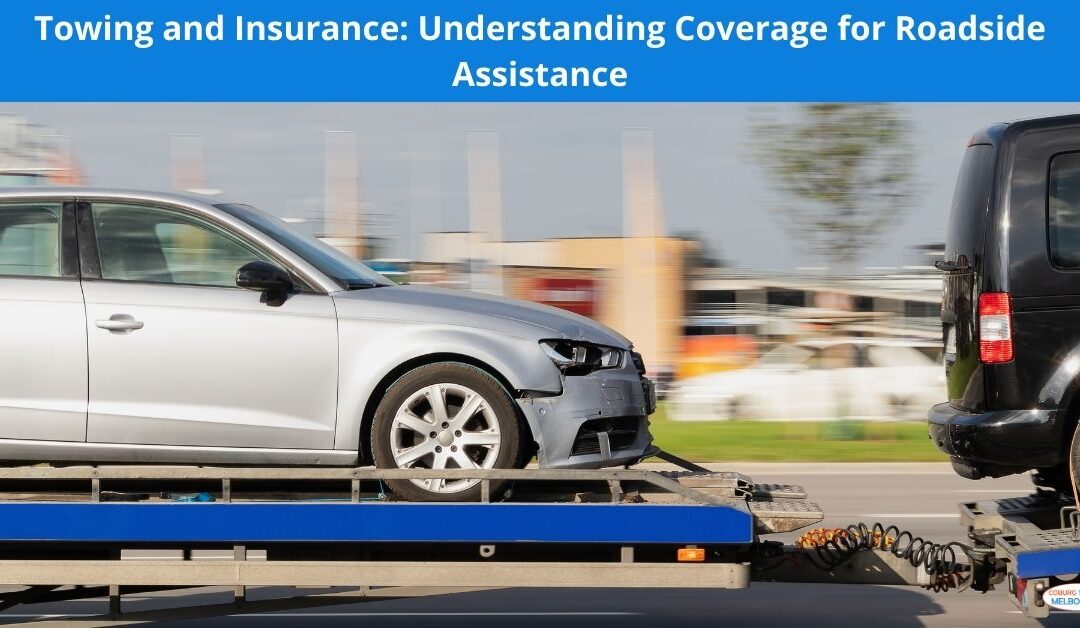Roadside emergencies can happen to any driver, whether it’s a flat tire, engine trouble, or getting stuck in a ditch. When these incidents occur, knowing that you have the right insurance coverage for towing and roadside assistance can provide peace of mind. However, not all car insurance policies automatically cover these services. Understanding the specifics of your insurance coverage for towing and roadside assistance can help you avoid unexpected costs when you need help the most.
1. What Is Roadside Assistance?
Roadside assistance is a service that helps drivers when their vehicles break down or experience minor mechanical issues while on the road. Typically, roadside assistance includes the following services:
Towing: Transporting your vehicle to a repair shop if it cannot be driven.
Flat tire change: Assistance with changing a flat tire if you have a spare.
Battery jump-start: Starting your car if the battery is dead.
Lockout service: Helping you regain access to your vehicle if you’re locked out.
Fuel delivery: Bringing gas to your location if you run out.
Winching: Pulling your car out of snow, mud, or a ditch.
2. Does Your Insurance Cover Towing?
Not all car insurance policies automatically include towing or roadside assistance coverage. It’s essential to review your policy or talk to your insurance provider to see if you’re covered.
Comprehensive or collision coverage: These types of coverage do not typically include towing or roadside assistance. You may need to add these services separately or as part of a broader coverage plan.
Towing and labor coverage: Some insurance providers offer this as an optional add-on. It covers towing and basic roadside assistance services like tire changes or battery jumps. This coverage usually has a limit on the distance the vehicle can be towed or the total cost the insurer will cover.
3. Types of Towing Coverage
If your insurance plan includes towing coverage, it’s important to understand the types of coverage available:
Per-incident coverage: Some policies offer a fixed amount per towing incident, usually covering the cost up to a set limit.
Mileage limits: Other policies cover towing up to a specific number of miles. Beyond that distance, you may be responsible for paying the remaining costs.
Additional services: Some insurance providers bundle roadside assistance and towing with other services, such as locksmith assistance or fuel delivery, offering more comprehensive support.
4. Roadside Assistance vs. Third-Party Services
Many drivers rely on third-party roadside assistance services, such as AAA or those provided by car manufacturers, instead of purchasing insurance add-ons.
Comparison of Insurance vs. Third-Party Roadside Assistance:
Insurance Add-On:
Generally cheaper as part of your overall policy.
May have limitations on the number of service calls or mileage for towing.
Often limited to basic services (towing, flat tire change, etc.).
Third-Party Services:
Typically offer more extensive coverage, including higher mileage limits for towing.
May include perks like hotel discounts or free maps.
Can be used even if you’re not driving your own car (e.g., if you’re a passenger in someone else’s car).
5. How to File a Claim for Towing Services
If you experience a breakdown and need towing, filing a claim with your insurance provider can be simple:
Call for roadside assistance: If your policy includes roadside assistance, your insurance company likely has a dedicated number you can call. They will send a service provider to your location.
Document the incident: Take note of the location, time, and reason for the tow. Some insurance companies require this information when you file a claim.
Submit the claim: Once the tow is complete, submit the receipt for reimbursement, if applicable, or ensure the tow company bills your insurance provider directly. Some policies cover towing upfront, while others reimburse you later.
6. Towing Coverage Limitations
While towing coverage can be a lifesaver, there are certain limitations you should be aware of:
Towing distance limits: If you need to be towed a long distance, your policy may only cover a portion of the cost. Be sure to clarify the mileage limits with your insurer.
Number of service calls: Some policies limit how many times you can use roadside assistance within a year. Once you exceed that limit, you may be responsible for paying for the service out of pocket.
Non-accident-related towing: Towing due to an accident is often covered under your collision insurance, but non-accident towing (like a mechanical breakdown) may only be covered if you have towing and labor coverage or a roadside assistance plan.
7. Should You Add Towing Coverage to Your Policy?
Whether or not you should add towing coverage to your insurance policy depends on your driving habits and vehicle condition. If you drive an older car or frequently travel long distances, adding towing coverage can provide peace of mind and save you money. On the other hand, if you already have a third-party roadside assistance service or drive a new vehicle with roadside coverage, you may not need the extra insurance.
Conclusion
Towing and roadside assistance coverage can be a valuable addition to your auto insurance policy, offering protection and peace of mind during unexpected breakdowns. By understanding the details of your coverage, including mileage limits and service call allowances, you can make informed decisions about whether to add this coverage or rely on third-party providers. Regardless of your choice, having a plan in place ensures you won’t be left stranded when the unexpected occurs.
If you are in Brunswick, Victoria 3056, and looking for a car removal service, this is the best way to visit us.
Coburg Towing Melbourne
31 Cameron St,
Coburg VIC 3058
03) 9999 7525


Recent Comments